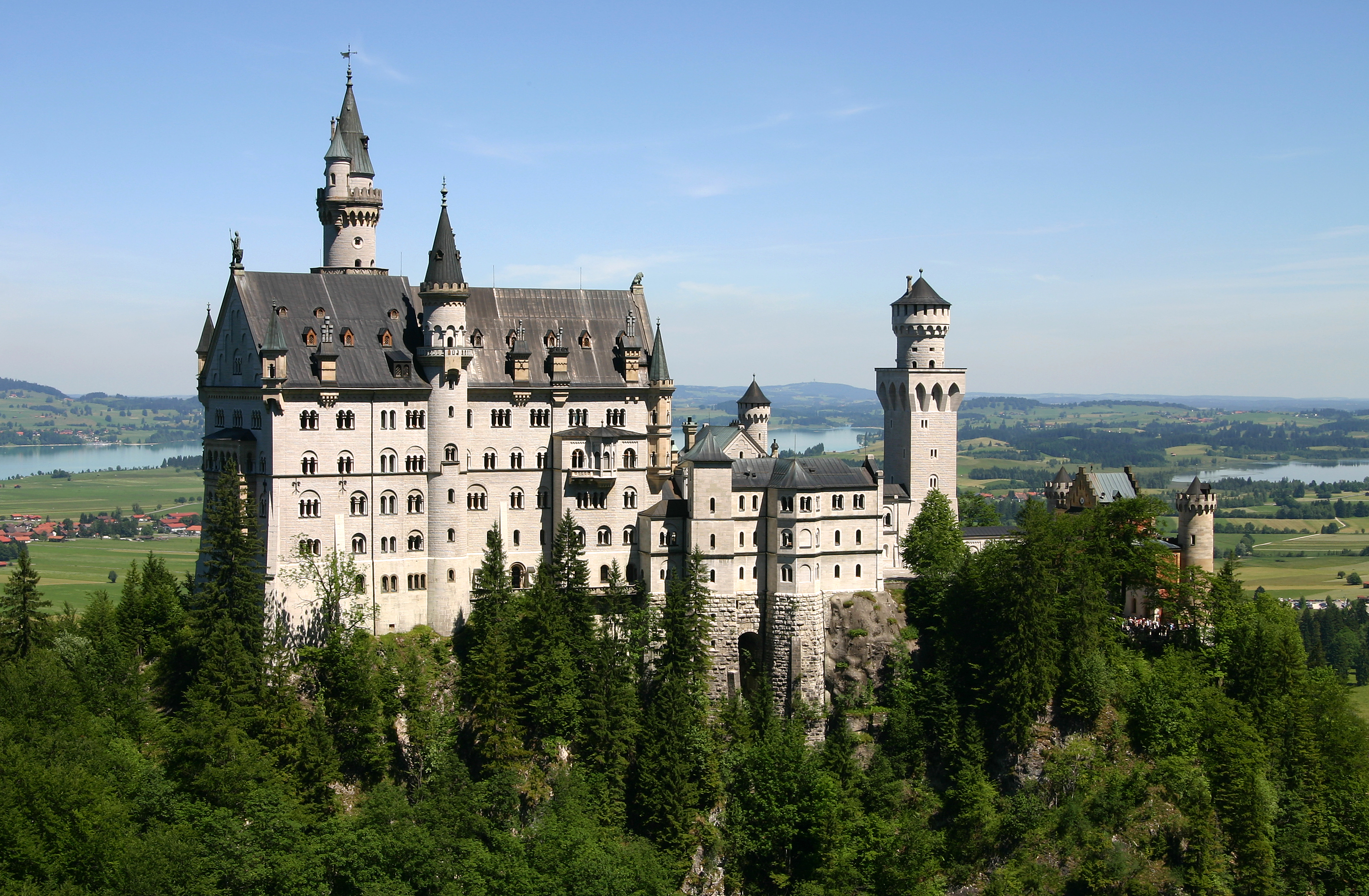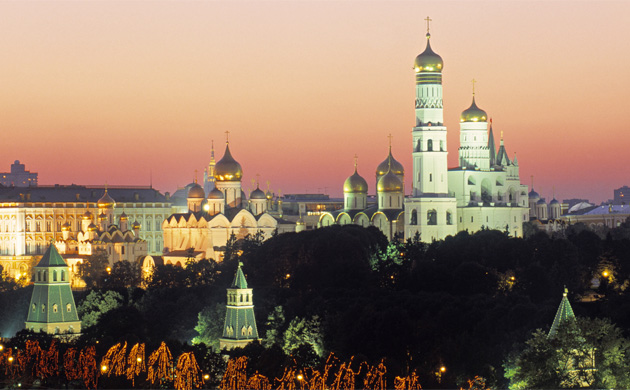Colonies were primarily set up for the same reason: natural resources.
About 1300AD the Mongols set up a trade route between China, and as far as western Europe. Around the 1400's the Black Death struck the world. Caravans which crossed the desert stopped delivering silks, sugar and spices to Europe. The Europeans thirst for luxury was growing, and they had lost contact with the great Mongol Khans, new dreams of exploration was opened.
It is little known that Columbus actually tried to sail around the world to end up at the court of the great Mongol Khans- the last contact was before the black death, but he discovered a world of nature, almost untouched by empire and war. The discoveries of the Caribbean and its luxurious items from spice to gold made every western country want a piece of this land.The Portuguese and the Spanish lead the exploration, and pretty soon the Cape of good Hope was discovered soon followed by the circumnavigation of the globe and the discovery of the East Indies.
Colonies were set up across the globe with eager colonists to start over, a better place than Europe. On these colonies were plantations- huge massive scale farming that used local natives to operate. These were popular in Indonesia, India, and the American South. Other times for mining operations were also common in Central America and later in South Africa. One natural resource that stood out from material items were slaves.
Slaves are interesting because they were actual people though that was different from all the others was slaves. People being taken by the ruling class of Europe to work for them all over the world on every continent. I think that slaves were used from Africa because the chiefs were helping the Europeans for money, and Africa is primarily grassland and some jungles so it would be hard to hide in. Slaves count as a human resource because it was the division or labor.
Wherever they went they encountered natives, hostile or not, Europeans did not want to trade with them. They wanted to make profit. The great western superpowers built huge navies that sailed the world called Galleons, or Frigates. Colonies depended on large fleets for supplies and for protection against pirates. The first great naval powers were Spain and Portugal, but after the British fleet sank the Spanish Armada against an invasion, and when Portugal lost power, Britain controlled the seas, and as a result they controlled huge chunks of Africa, Asia, Australia, and early on in N. America.
In the aftermath of colonization, when WWII was over, the great resource empires could not afford to control the world for resources. After the British left India, Egypt, Australia, and eventually the rest of the nations gave up their colonies, they set up trading networks to send them exotic goods like sugar, and spices- wait, doesn't that sound like what they were after 500 years ago when Columbus tried to sail to the court of the Great Khan? Only today instead of ruling the colony, they essentially control their economy by regulating resources production.
So I can conclude about colonization not only was resources the objective of colonial Empires, but it is the only reason why hermit Europe opened its doors to the world. For further reading, go to http://en.wikipedia.org/wiki/Colonialism.
Subscribe to:
Post Comments (Atom)










No comments:
Post a Comment